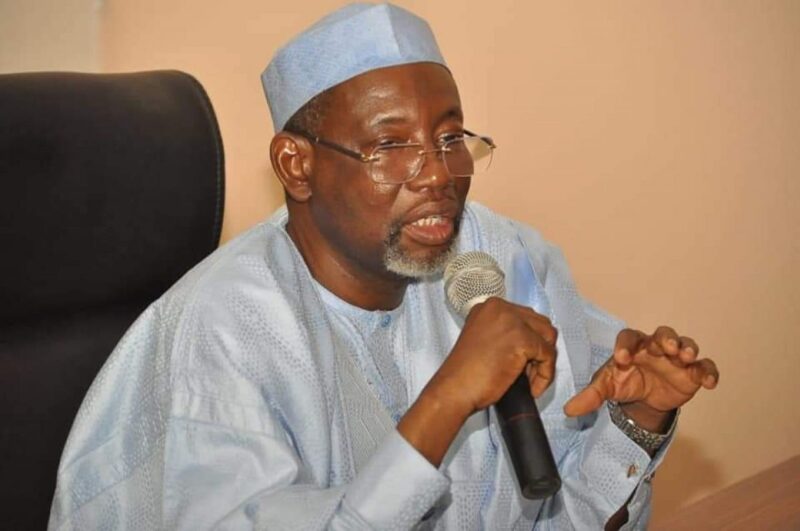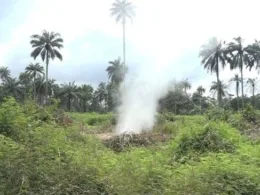Governor Umar Namadi’s administration allocates over N20 billion to reshape Jigawa’s education system, with bold reforms in infrastructure, teacher recruitment, and student welfare.
Jigawa State Governor Umar Namadi has allocated over N20 billion to revolutionize the education sector within two years of his administration. The announcement was made by Prof. Isa Chamo, Commissioner of Higher Education, Science, and Technology, at the 14th Anniversary and Award Ceremony of the Nigerian NewsDirect.
Governor Umar Namadi’s administration has prioritized the recruitment of over 3,000 teachers, increasing the workforce from 2,566 in May 2023 to 5,986, ensuring improved teacher-to-student ratios. To support learning environments, the government distributed over 10,000 three-seater desks, 5,000 staff furniture pieces, and 3,500 double beds with matching mattresses.
Prof. Chamo highlighted the administration’s focus on infrastructure and resources, noting:
“Governor Namadi spent over N20 billion on initiatives to elevate Jigawa’s educational system to a higher standard.”
Inclusivity has been a cornerstone of the administration’s policies. The school feeding budget saw a 200% increase, with daily allocations rising from N180 to N450 per student, boosting annual spending from N1.1 billion to N3.4 billion. Programs such as the Female Teacher Development Scheme and the provision of free school uniforms for girls aim to bridge gender gaps in education.
The government also ensured financial support for students pursuing higher degree by covering law students’ registration fees and allocating N6.6 billion for scholarships,N4.7 billion for international scholarships and N1.9 billion for local ones.
To improve learning environments, the administration invested over N2.2 billion in constructing classrooms, laboratories, hostels, and libraries, alongside renovating existing facilities. Teaching materials and sports equipment received a funding boost of approximately N5.8 billion, fostering holistic student development.
The administration has made strides in bringing education to underserved areas. The J-Teach program, in collaboration with NGOs like PLAN and PLANE, deploys trained teachers to remote areas, ensuring equitable acces. For nomadic communities, investments in nomadic schools have expanded opportunities for children.
Dr. Hauwa Alhassan, Technical Adviser on Basic Education, noted:
“The administration is committed to providing quality education for all, including children with disabilities, by implementing specialized programs and infrastructure improvements.”









Join our Channel...